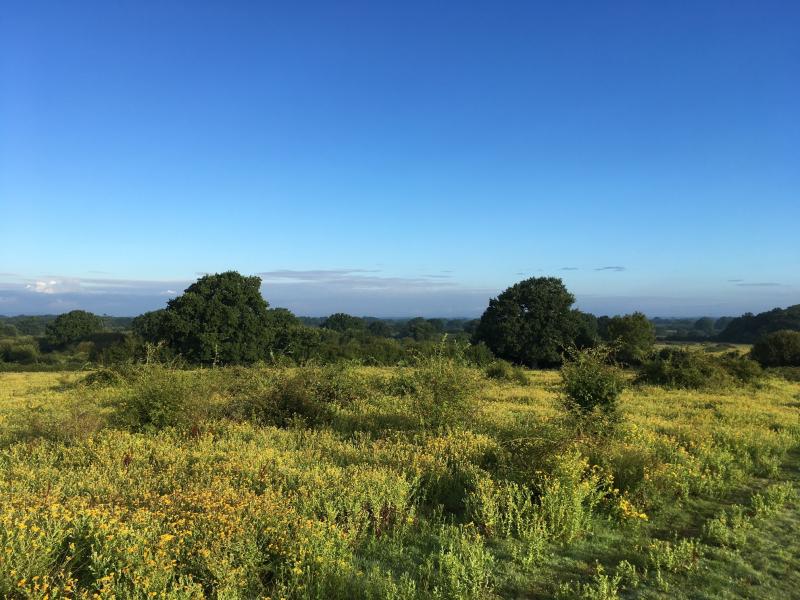
We are, however, keen to introduce lost keystone species such as the beaver and charismatic species such as white storks which cannot re-establish here without human intervention.Īfter a short presentation over a cup of tea and locally made brownies, you will head into the Wildland in search of Knepp’s free roaming herbivores, as well as looking for signs of their impact on the landscape. We can learn valuable lessons from unexpected arrivals. Having been surprised by the rarity of native species that have discovered Knepp on their own and are now flourishing, we are reluctant to introduce species (such as hedgehogs, insects and flora) that may be able to arrive by natural means. Isabella and Charlie are currently working on The Book of Wilding – a practical guide to rewilding big and small, due to be published by Bloomsbury in May 2023. Isabella also writes for The Guardian, National Geographic Magazine and Granta. Her children’s books When We Went Wild and When The Storks Came Home are published sustainably by Quarto Books.Apart from the restoration of natural water systems and managing our grazing animals, Knepp is essentially about letting go – allowing nature to take over.

It reveals the potential for the landscapes of the future. What has happened at Knepp challenges conventional ideas about nature, wildlife and how we manage and envisage our land. Her best-selling book Wilding tells the story of the daring wildlife experiment they began in 2000: rewilding their 3,500 acres of unprofitable farmland at Knepp Estate in West Sussex, UK. In less than twenty years their degraded land has become a functioning ecosystem again, wildlife has rocketed and numerous endangered species have made Knepp their home. Isabella Tree is an award-winning journalist and author of five books, married to the conservationist Charlie Burrell. In 2003, after finishing the large carnivore project, Christoph and Barbara set up a horse-riding business and spent time exploring Transylvania on horse-back. However, meeting his Austrian wife Barbara, a fellow biologists and conservationist, in Romania, he spent the next 10 years developing this initial research into a complex multi-layer conservation project upon wolves, bears, and lynx.


In 1993, he initiated a research project about wolves in the Romanian Carpathians where he intended to spend 3 years. Christoph, born in 1965, achieved a degree in forestry at the University of Munich, however was always drawn to protect natural landscapes instead of logging them down.


 0 kommentar(er)
0 kommentar(er)
